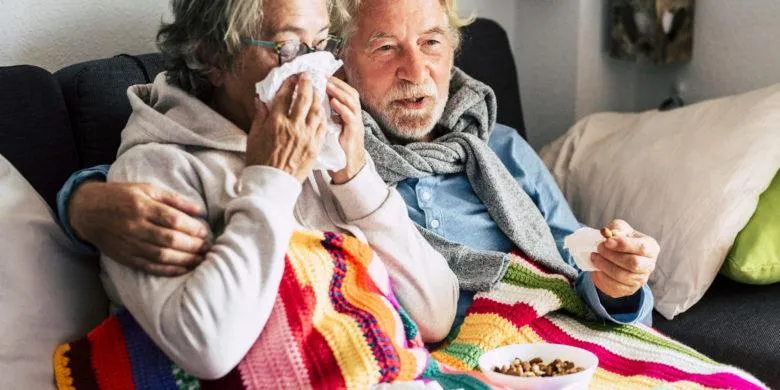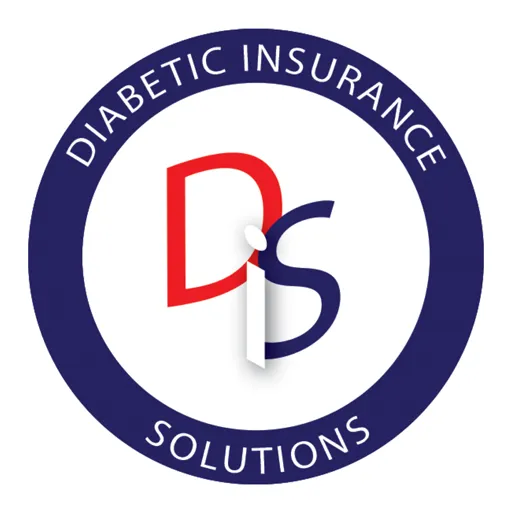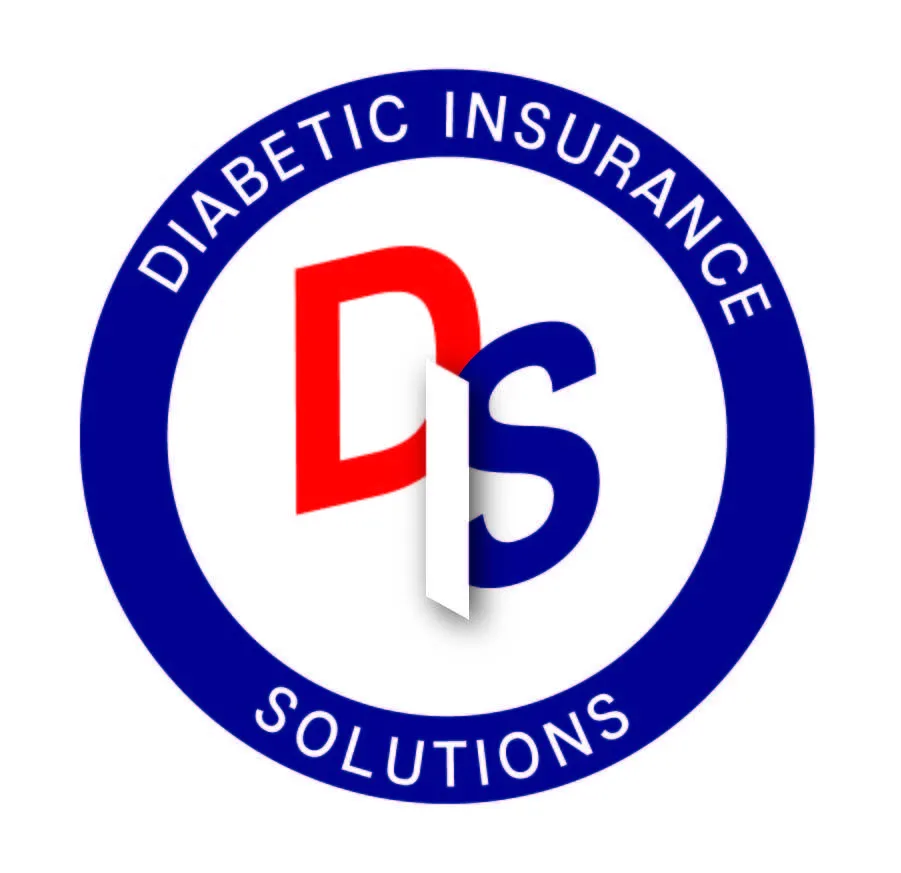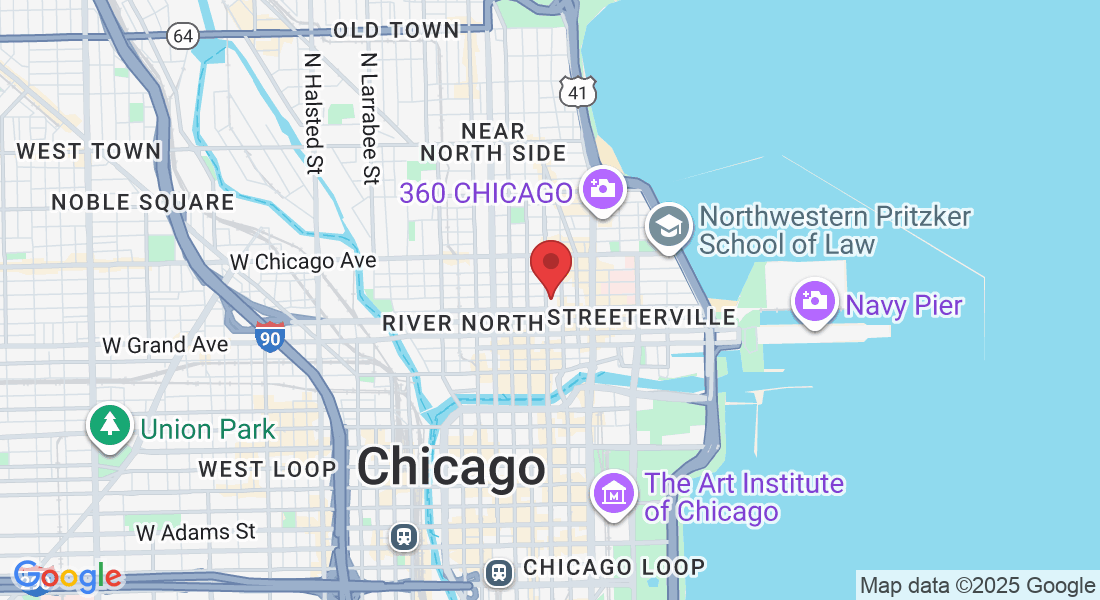
Coronavirus and Seniors Over Age 60!! What You Need To Know NOW!!
The coronavirus is a big worry for seniors over the age of 60, and recent research suggests that older persons may be more susceptible to the virus than previously believed.
Seniors must be aware of the hazards associated with this illness because the virus can cause “severe respiratory difficulties and even death.” Avoid direct contact with sick people, especially those who have a fever, cover your mouth when you cough or sneeze, and don’t share food or utensils with others in order to stay healthy.
Be alert to any unexpected symptoms, including chest pain, shortness of breath, or flu-like symptoms. Visit your doctor as soon as possible if you have these symptoms.
Why Are People Dying From The Coronavirus, Why are Seniors At More Risk
Do I require life insurance? You are more at risk than most of us if you are over 60. In fact, you run the risk of becoming extremely ill if you’re an elderly person with chronic health issues or pre-existing diseases.
Seniors who have certain chronic medical issues need to take extra precautions.
Heart Condition
Diabetes
Lung Illness (COPD, Bronchitis, Asthma)
There is a possibility that a COVID-19 outbreak in a community could last months as opposed to simply days or weeks. So be especially cautious if you are elderly individuals. Above all, exercise cautious if you have a medical condition that impairs your immune system.
According to the World Health Organization, older adults who contracted COVID-19 have an 8-fold higher mortality risk than younger infected individuals.
NOW is the time to take action with this same-day, rapid coverage!
Coronavirus Deaths in the US For Seniors 60 and over
Above all, it’s critical to understand that mortality rates are higher among older people than among younger people.
I estimate the death rate to be 2.3% overall, but it is substantially higher for seniors.
ages 10-59: 2.3%
ages 60+: 26.4%
Therefore, if you have any of the following symptoms, immediately contact a doctor. Remember that this illness is contagious.
The Symptoms of Coronavirus Disease [COVID-19]
The most typical signs and symptoms, together with the proportion of instances where they were present and COVID-19 infection resulted, are listed below.
What are the coronavirus’s symptoms and signs?
FEVER (87.9%)
(67.7%) Dry Cough
Tiredness (38.1%)
Production of Sputum (Thick Mucus) 33.4%
Breathlessness (18.6%)
Joint/Muscle Pain (14.8%)
Throat Ache (13.9%)
Migraine (13.6%)
Temps (11.4%)
Why is the Coronavirus Dangerous For Seniors over age 60
It all comes down to a weakened immune system brought on by ageing. Due of this, YOU must take the initiative. Set up safeguards for the safety of your family.
Along with the death rate, the following underlying conditions put seniors over 60 at greater risk:
(10.5%) Cardiovascular disease
disease (7.3%)
(6.3%) Chronic Respiratory Disease
Blood pressure (6%)
Malaria (5.6%).
Overall, there is something you can do even if you are an adult kid and worried about the financial burden that could result from this sickness to a senior parent.
What is the Senior Death Rate of Coronavirus Over 65 in the US
The COVID-19 death rate in the US is, on average, about ten times higher for people over 60 than for those who are infected and are aged 59 and younger.
You should take this carefully, especially if you already have a respiratory ailment of some kind. For instance, the COVID-19 epidemic in the Seattle region has killed at least 22 elderly people who were living in nursing facilities.
This demands serious consideration! Some fatality rates reach 5% in Milan, Italy, and Wuhan, China.
Consider the following analogy: Would you board a plane if there was a one in twenty chance that it would crash? Obviously not! Be cautious, wash your hands, and weather the storm inside.
What if I get the Coronavirus over age 60
Above all, visit a doctor or emergency room because this sickness advances swiftly. It’s best to seek therapy as soon as possible. DON’T PERCEIVE IT AS LIKELY!
Go to the emergency room if you experience symptoms like shortness of breath, chest pain that doesn’t go away, confusion, or bluish lips or skin.
How to protect yourself from the Coronavirus?
Above all, exercise prudence each day. You will be better protected as a result. Be proactive and take the next steps.
Clean your hands, especially after sneezing, coughing, or blowing your nose, or after being in a public area.
Utilize a hand sanitizer with at least 60% alcohol in it.
Avoid contacting hard surfaces where people are present.
Avoid touching your face, nose, eyes, etc.
Your home should be cleaned and disinfected, including the tables, doorknobs, light switches, desks, toilets, faucets, sinks, and cell phones.
eschew crowds
In crowded and enclosed spaces, your chance of exposure to respiratory illnesses like COVID-19 will rise.
By exercising caution, you are saving a life! Once more, by shielding people from COVID-19, you are saving lives.
Can Masks Protect Against Cornavirus COVID-19
Let’s discuss this and make sure we are aware of the details. Will donning a mask keep you safe from COVID-19? Truth or fiction? And myth?
When it comes to 100% protection, it is a fallacy. Therefore, don’t imagine that by dressing up as Darth Vader and heading to a club or restaurant, you’ll be secure.
In actuality, viruses can spread via microscopic viral particles that can pass through a mask. Masks work well at capturing droplets, which is good news. The primary method of COVID-19 transmission uses droplets.
According to certain research, they can provide protection up to five times greater than individuals who do not use them.
What is the Survival Rate of Coronavirus for Seniors Over 65
You should be fine if you are receiving therapy and you did not disregard the signs. Globally, nearly half of those who were infected have recovered. But it’s based on figures that are probably not true.
In many areas of COVID-19, we don’t truly know the precise figures.
For the most recent information on the COVID-19 outbreak worldwide, CLICK HERE.
What is the treatment for coronavirus?
In addition to prevention, there is currently no known treatment for COVID-19. In general, patients require supportive care to assist with breathing.
How Long Does The Coronavirus Last
Although it’s difficult to predict, usually recuperation takes a few weeks. The current guideline, however, is for quarantining for a period of at least 14 days. With some fresh information, though, this might alter.
How long can coronavirus live on surfaces?
In order to understand how to view COVID-19, this is a wonderful question. In actuality, we are still learning. For instance, recent experiments may show that it is still viable in the following cases:
the atmosphere (Up to 3 hours)
Using Copper (Up to 4 hours)
the cardboard (Up to 24 hours)
Regarding stainless steel and plastic (Up to 2-3 days)
As a result, you should become more alert of your surroundings.
How To Prevent Getting Coronavirus
Disinfectants with 60–75% ethanol, up to 1% hydrogen peroxide, or bleach are the best first line of defence. Just make everything spotless!
Where in the USA is the Coronavirus
Here is a map link that will instantly refresh, allowing you to track the progression of this illness in real time.
Fill out the form to the right and an expert will contact you if you are a senior or an adult child interested in learning how to shield your loved ones from the unforeseen financial burden that this condition can impose.
Conclusion
I sincerely hope that this blog has been useful in enlightening you about the world of coronavirus and seniors (60 years of age and older). Feel free to get in touch with us for a quote if you have any more queries!



